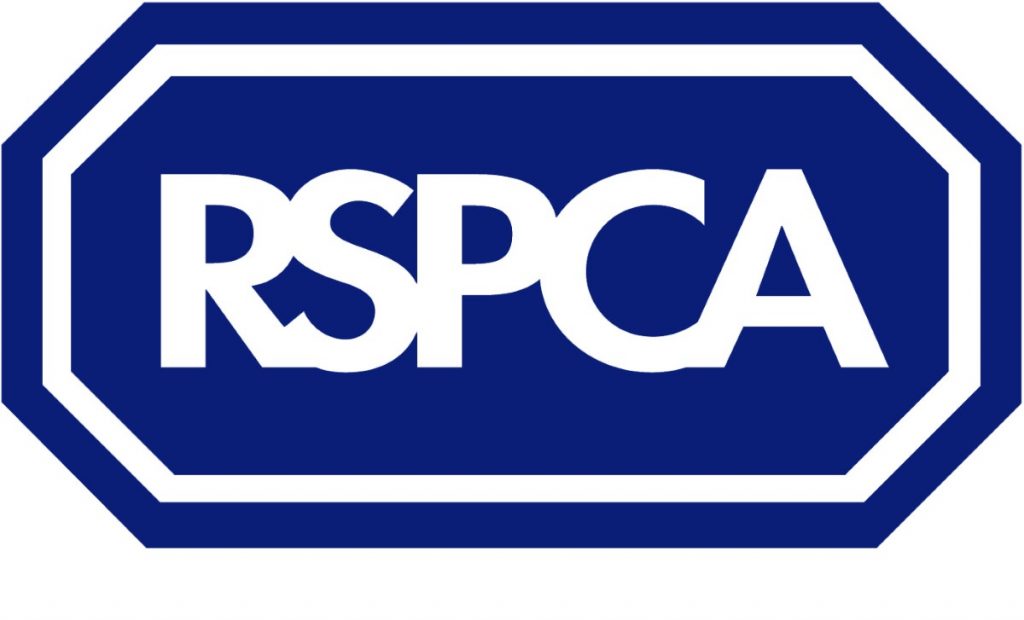Ending ‘severe’ suffering in lab animals is essential – and it’s achievable
The RSPCA is today (30 September) challenging research establishments that use animals in experiments causing ‘severe’ suffering to embrace a new ‘Road Map’ promoting alternative approaches that will reduce suffering.
Along with the Road Map, the RSPCA is calling on the whole scientific community to firmly commit to the goal of ending severe suffering and accept that this should be a top priority.
Animal research and testing involves many different scientific procedures that cause different levels of pain or distress. Some procedures, like non-invasive imaging, are classified as causing ‘mild’ suffering, but many animals are used in procedures within the ‘moderate' category, such as some forms of surgery. Other animals suffer severely, for example in some studies of arthritis, liver disease or long term depression. Current estimates suggest that tens of thousands of lab animals in the UK experience ‘severe’ suffering.
Lead author of the Road Map, Dr Elliot Lilley, a senior scientific officer at the RSPCA, said:
“Any level of suffering is a concern for the RSPCA, but we are particularly concerned about those animals who suffer the most.
“The RSPCA’s Road Map will both challenge and help the scientific community to do more to end severe suffering. It offers a step by step strategy to help reach the goal that so many people tell us they want to see – no more animals experiencing the highest levels of pain or distress.”
In 2012 the RSPCA launched a groundbreaking initiative, working with the scientific community, to promote innovative, challenging and feasible approaches to reducing and ultimately ending ‘severe’ suffering in different areas of research and testing. Besides the Road Map, we are producing a series of guidelines tackling specific procedures, to help everyone involved in animal use to reduce suffering.
Dr Lilley continued: “We want further and faster progress to be made, which means greater, coordinated efforts from scientists and animal technologists – within industry and universities – along with regulatory authorities, funding bodies and scientific journals. We urge everyone involved to review the Road Map and consider how they can apply it to their own work.”
He concluded: “The RSPCA would rather animals were not used at all, but ending severe suffering of lab animals is what the public wants and expects, it’s what the animals deserve, and it’s something we believe can be achieved.”
Notes to editors
The RSPCA is opposed to all experiments or procedures that cause pain, suffering, distress or lasting harm. Our primary aim is the replacement of animal experiments with humane alternatives worldwide. Until this can be achieved, we work to ensure that the necessity and justification for using animals is always critically reviewed; everything possible is done to speed up the development of humane alternatives; and every possible step is taken to reduce the numbers of animals used, and to significantly reduce their suffering and improve their welfare.
‘The Road Map Towards Ending Severe Suffering of Animals Used in Research and Testing’ has been published in the scientific journal ‘Alternatives to Laboratory Animals’ (volume 42, pages 267-272). We are especially grateful to FRAME for making this article free-to-access, at: http://www.atla.org.uk/a-road-map-toward-ending-severe-suffering-of-animals-used-in-research-and-testing/ (just register to gain free access).
The European Commission has set out guidance on the assessment and classification of severity of suffering caused to animals by experiments: http://ec.europa.eu/environment/chemicals/lab_animals/interpretation_en.htm
For more on the outputs so far of this RSPCA-led initiative, see: http://science.rspca.org.uk/sciencegroup/researchanimals/implementing3rs/suffering/ending
—
Sophie Wilkinson
RSPCA Regional Media Manager
Wilberforce Way
Southwater
Horsham
West Sussex
RH13 9RS
Tel: 0300 123 0186
Mob: 07834 677649





-01.png)